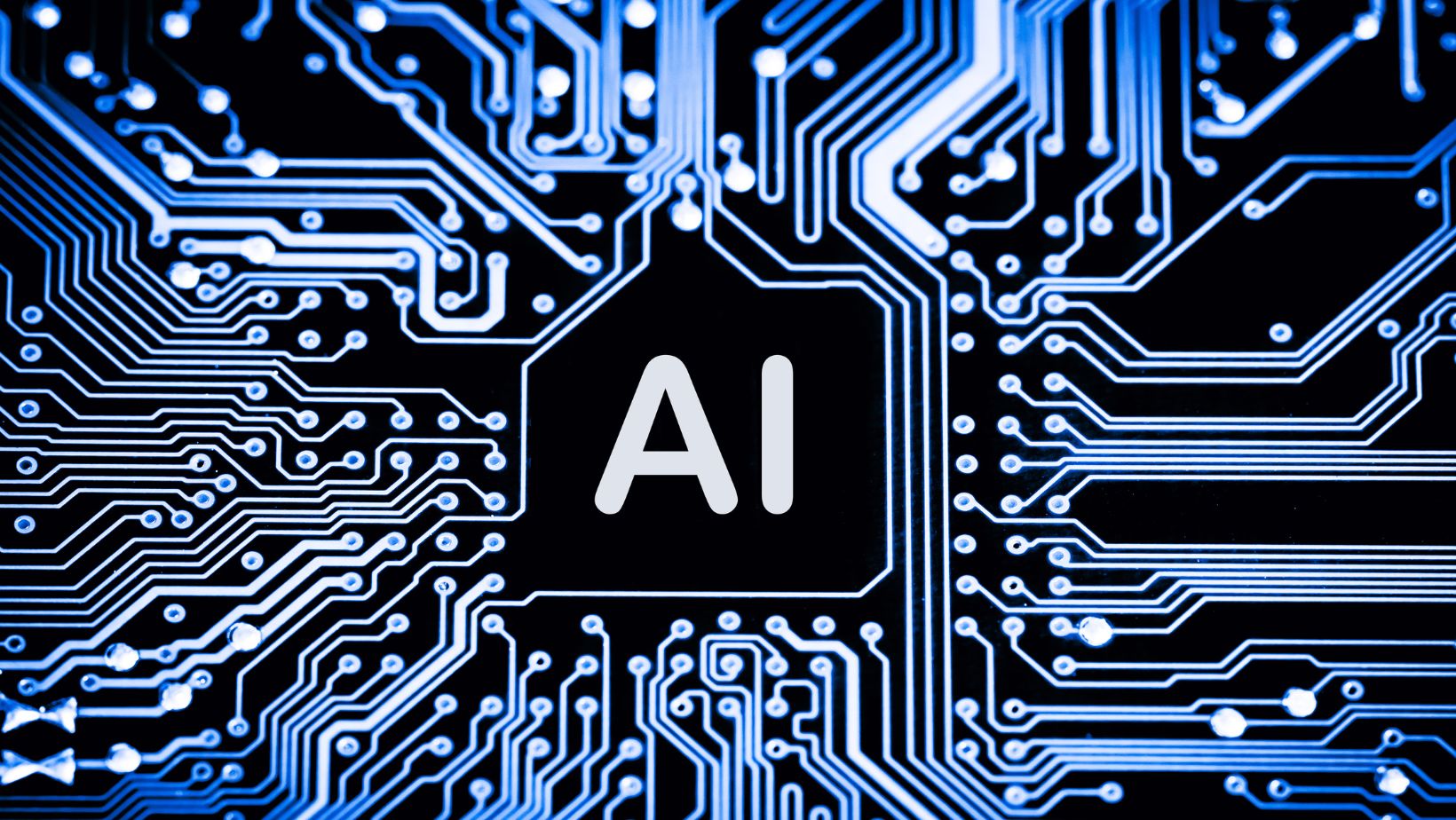Embarking on the journey of artificial intelligence software development is like stepping into a realm where machines learn, adapt, and evolve. It’s a domain where algorithms breathe life into code, enabling systems to think, reason, and make decisions. As I delve into the intricate world of AI software development, I uncover the fusion of human ingenuity and technological prowess that shapes our future. In this article, I’ll unravel the mysteries behind crafting intelligent software that mimics human cognitive functions. From machine learning to neural networks and QR codes, I’ll explore the tools and techniques driving the innovation in AI development.
Artificial Intelligence Software Development
As an expert in artificial intelligence software development, I delve into the core components and the development process to shed light on crafting intelligent software that mimics human cognitive functions and revolutionizes industries.
The Core Components

In AI software development, the core components encompass algorithms, data, and computing power. Algorithms serve as the brain of AI systems, guiding decision-making processes. Data fuels AI by providing the necessary information for learning and making predictions. Coupled with computing power, these components enable AI systems to process vast amounts of data swiftly and accurately. The development process of AI software follows a strategic roadmap. It begins with problem identification and data collection, crucial for training AI models effectively. Next comes data preprocessing to clean and prepare the data for analysis. Model selection involves choosing the right algorithm to train the AI system based on the problem at hand. Training the model requires feeding it with data to enable learning and adjustment of parameters for optimal performance. Finally, the model is tested, evaluated, and deployed for real-world applications, marking the culmination of the AI software development process.
Future Trends in AI Software Development

As AI software development continues to evolve, the future holds exciting possibilities. Innovations in machine learning algorithms will enhance AI capabilities, making advancements in areas like natural language understanding and computer vision. The integration of AI with other technologies, such as IoT and blockchain, will open new avenues for application development. Ethical considerations will play a crucial role in guiding the responsible use of AI, ensuring transparency and fairness. Collaboration between developers, data scientists, and domain experts will drive interdisciplinary approaches to solving complex problems. The future of AI software development is bright, promising groundbreaking solutions that will shape our digital landscape.
Technologies in AI Software Development
Starting with key technologies in artificial intelligence (AI) software development, I’ll highlight some fundamental aspects that drive innovation in this field.
Machine Learning Algorithms

In AI software development, machine learning algorithms play a crucial role in enabling machines to learn from data and make decisions without being explicitly programmed. Supervised learning, unsupervised learning, and reinforcement learning are common types of machine learning algorithms. These algorithms are essential for tasks such as image recognition, speech recognition, and recommendation systems. Natural Language Processing (NLP) is another vital technology in AI software development that focuses on enabling computers to understand, interpret, and generate human language. NLP utilizes techniques such as text analysis, sentiment analysis, and language translation to process and analyze large amounts of natural language data. This technology is integral in applications like chatbots, language translation services, and voice assistants.
Challenges in AI Software Development
Developing AI software presents several challenges that need to be addressed effectively to ensure the success of projects. Here are key challenges faced in AI software development:
Managing Data Quality and Quantity
In AI software development, one of the crucial challenges is managing the quality and quantity of data required for training algorithms. Ensuring that the data used is accurate, relevant, and diverse is essential for the effectiveness of AI models. Inadequate or biased data can lead to inaccurate predictions and unreliable outcomes, highlighting the importance of meticulously curating data sets.
Ensuring Ethical AI Practices
Ethical considerations are paramount in AI software development to promote responsible and fair use of artificial intelligence. Addressing ethical dilemmas such as bias in algorithms, data privacy, transparency, and accountability is essential.



